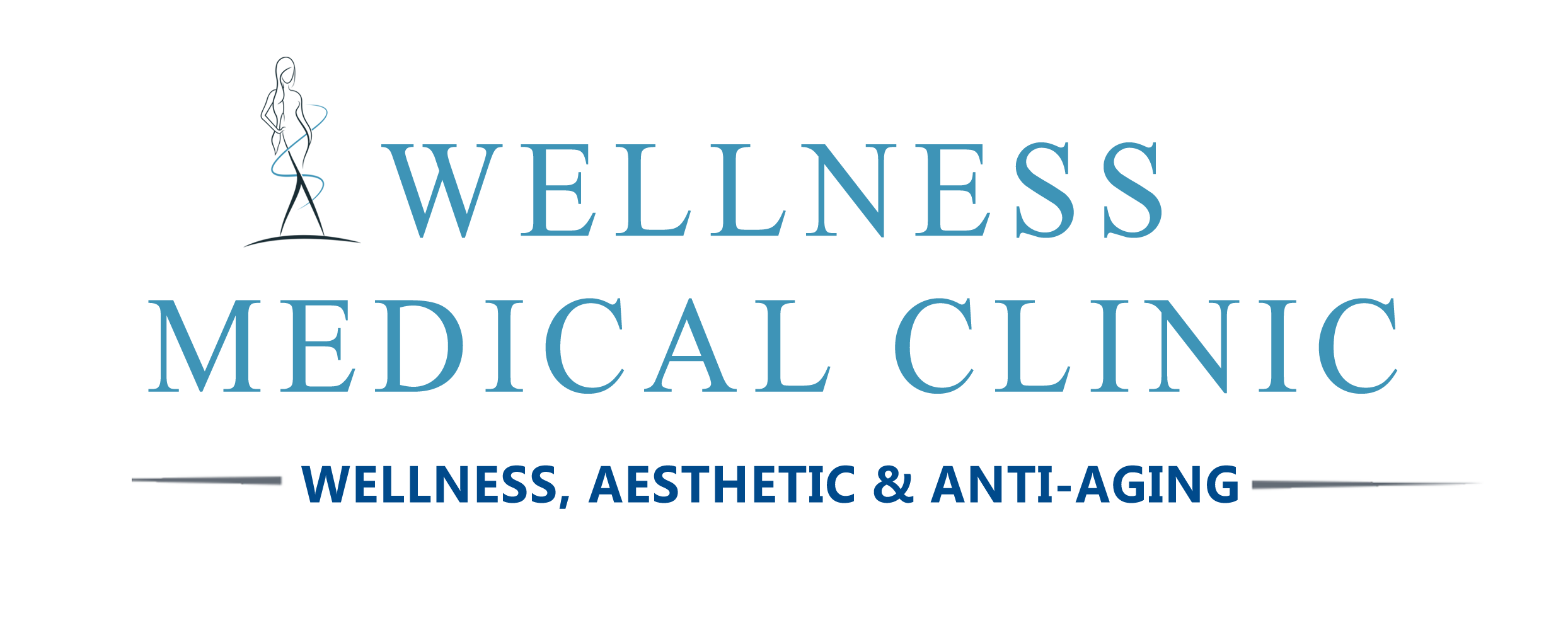
Introduction to Ketamine's Therapeutic Use in Tallahassee
Ketamine has been used as an anesthetic since the 1960s. Fairly recently, it has come into use for people with treatment-resistant depression and other diagnoses, like bipolar disorder, major depressive disorder, and post-traumatic stress disorder (PTSD). There are several studies where patients who received Ketamine infusions showed a significant decrease in symptoms associated with depression after only 24 hours. It is also found to be effective for people whose depression symptoms have not responded to other treatments. It is not entirely clear how Ketamine works. Because it exerts an antidepressant effect through a new mechanism, Ketamine may be able to help people successfully manage depression when other treatments have not worked.
Do not compromise on your mental health. Find compassionate care with our Ketamine treatments near you in Tallahassee.
Platelet Rich Plasma is a Regenerative Injection Therapy used to treat many soft tissue injuries (tendons and ligaments).
Doctors use PRP therapy to treat osteoarthritis. The theory is that the platelet-rich plasma might inhibit inflammation and slow down the progression of osteoarthritis. It is believed that it stimulates the formation of new cartilage and increases the production of natural lubricating fluid in the joint, thereby easing painful joint friction.
Ketamine is believed to target N-Methyl-D-Aspartate (NMDA) receptors in the brain. By binding to these receptors, Ketamine appears to increase the number of neurotransmitters called glutamine in the space between neurons. Glutamate then activates connections in another receptor called the AMPA receptor. Together with the initial blockade of NMDA receptors and the activation of AMPA receptors, Ketamine releases other molecules that help neurons communicate with each other along new pathways. This process, known as synaptogenesis, likely affects mood, thought, and cognition.
Ketamine may also influence depression in other ways, such as reducing signals involved in inflammation linked to mood disorders or facilitating communication within specific areas of the brain. Please understand that not everyone is a candidate for Ketamine infusions. With intravenous Ketamine, patients usually respond to it within one to three treatments. If a patient does not respond to those initial treatments, further infusions are most likely ineffective. Most experts agree that Ketamine works best with a larger treatment plan which involves possible ongoing use of antidepressant medication and talk therapies. The treatments are typically given twice a week for up to six treatments, which may vary depending on individual needs and responses. The goal of ketamine infusion is to empower you to achieve outcomes in ongoing therapy for depression, anxiety, PTSD, and chronic pain. Get help and in-depth information about ketamine infusions for depression at our clinic near you in Tallahassee. Visit us and get your wellness path started today!
